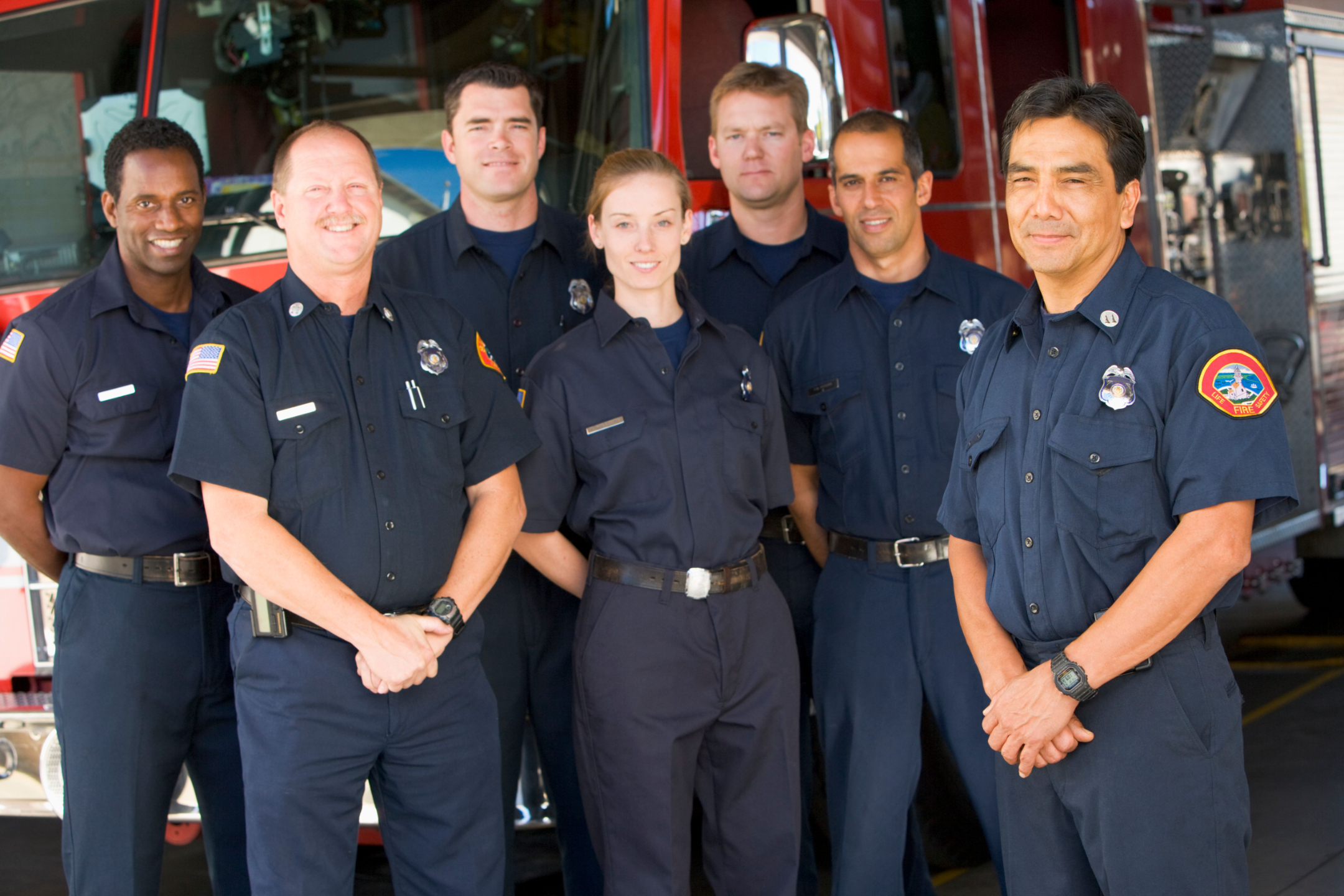Why Peer Support Matters: Building a Culture of Care in First Responder Agencies
Date:Tuesday May 13, 2025

The Hidden Toll of the Job
First responders are trained to face chaos, trauma, and high-stakes decisions every day. But behind the uniform is a human being—one who carries the emotional weight of every call, every tragedy, and every moment that didn’t end the way it should have.
That weight, when left unspoken and unsupported, can silently erode mental health, relationships, and job satisfaction. The stress is cumulative. The effects are real. And too often, the culture discourages asking for help.
The Power of Peer Support
Peer support isn’t just a helpful resource—it’s a lifeline. It creates a safe space where first responders can talk to others who truly “get it.” Those who’ve been on similar calls, felt the same emotional exhaustion, and understand the silent burdens of the job.
When peer support programs are well-designed and properly implemented, they:
- Reduce stigma around mental health
- Encourage early intervention
- Improve morale and team cohesion
- Help retain experienced personnel
- Save lives
At its core, peer support creates a culture where asking for help is a strength—not a weakness.
Why Culturally Relevant Support Matters
Not all mental health resources are created equal. First responders face challenges that many outside professions will never experience—such as shift-related sleep deprivation, exposure to human suffering, high-stakes decision-making, and the pressure to remain composed at all times.
That’s why generic, one-size-fits-all wellness programs often fall short.
Culturally relevant peer support is different. It’s built with the language, realities, and expectations of first responder life in mind. It recognizes the unique needs of law enforcement officers, firefighters, EMS professionals, dispatchers, and others on the front lines.
How We’re Supporting the Movement
Our organization is proud to offer Certified Peer Support Training Programs developed specifically for first responders. Created in collaboration with mental health professionals, first responders, and agency leaders, these programs are designed to equip peers with the tools they need to support others confidently, competently, and compassionately.
Certified Peer Support Teammate Training
This program teaches the core skills needed to be a trusted and effective peer supporter, including:
- Mental health fundamentals
- Crisis and suicide intervention
- Trauma, anxiety, stress, burnout, and depression
- Debriefing techniques
- Team roles and boundaries
- Self-care and accountability
Certified Peer Support Leader Training
Building on the Teammate program, this course prepares leaders to guide and manage peer support teams, covering:
- Selecting the right teammates
- Team supervision and scheduling
- Promoting resilience and teamwork
- Earning leadership and peer respect
- Connecting with external mental health resources
- Leadership self-care
Both programs are online, self-paced, and accessible for 90 days after enrollment. Each includes a certification exam, and we offer team discounts and custom training packages for departments looking to train multiple members.
One Trained Peer Can Make a Difference
Peer support isn’t a luxury—it’s a necessity. And it doesn’t take an entire agency to start. Sometimes, all it takes is one trained peer, ready to listen, ready to help, and ready to lead.
If your agency is ready to invest in mental health and resilience from the inside out, we’re here to support you.
Learn More & Get Started
Visit https://www.certpeersupport.com/ to learn more about our Certified Peer Support training programs and how they can help your team build a culture of care that lasts.
